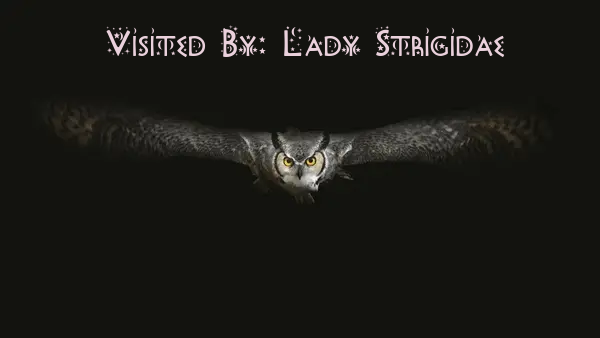|
In classical Greek mythology, Eris was the burr under the saddle of the horse that kicked a king and caused the downfall of a nation.
To the Greeks and Romans, Eris was a Goddess to be feared. She consorted with War, delighted in the resulting shed blood, and was responsible for birthing all of men's fears.
In actuality (as much as you can actualise a deity who specialises in not being actualised), Eris was... misunderstood.
Chaos is a tricksy thing. A Goddess of Chaos is thereby a tricksy being.
Most people dislike Chaos. Most people have a fear of what they don't understand and/or what they can't control, and chaos exemplifies both these factors.
Ancient Greek and Roman societies were patriarchies. Men were dominant. Men did not like being reminded that there were things they could not control. Chaos, by definition, is unbound, free, uncontrollable. Women who consorted with Chaos were to be reviled. Goddesses who personified Chaos were portrayed negatively to their potential worshippers, so that they wouldn't fall into the trap of following someone who embodied freedom in all its forms.
But Chaos isn't just about freedom. Chaos is also the foundation for change. Without Chaos, there would be Stagnation. Organisms, ranging from the single celled to the multi-celled, from organic to inorganic, would wither and die without the free input of external forces.
Chaos, then, can be defined as the basis for life itself.
It is no coincidence that out of the Primal Chaos all life was formed. Chaos allows infinite possibilities. From those infinite possibilities, it is easy to fathom that a protein would flirt with a peptide, that an amino acid would sidle up to an enzyme, that millions upon millions of atoms would coalesce purely through chance and random, chaotic design, and form all the life we know (and possibly some we don't).
Eris, then, is the divine embodiment of all that Chaos is.
When you think of it that way, there really is no limit to Her...
|

